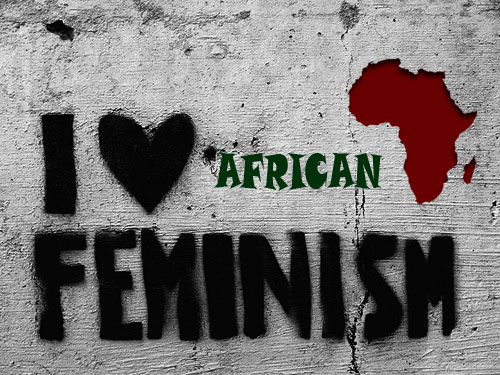Given the tensions that exist within and around African feminism, I was pleasantly surprised to find (and get to know) three amazing organizations that have found a way to strike a balance between engaging all kinds of women from where they are and empowering women who already identify as feminists…
